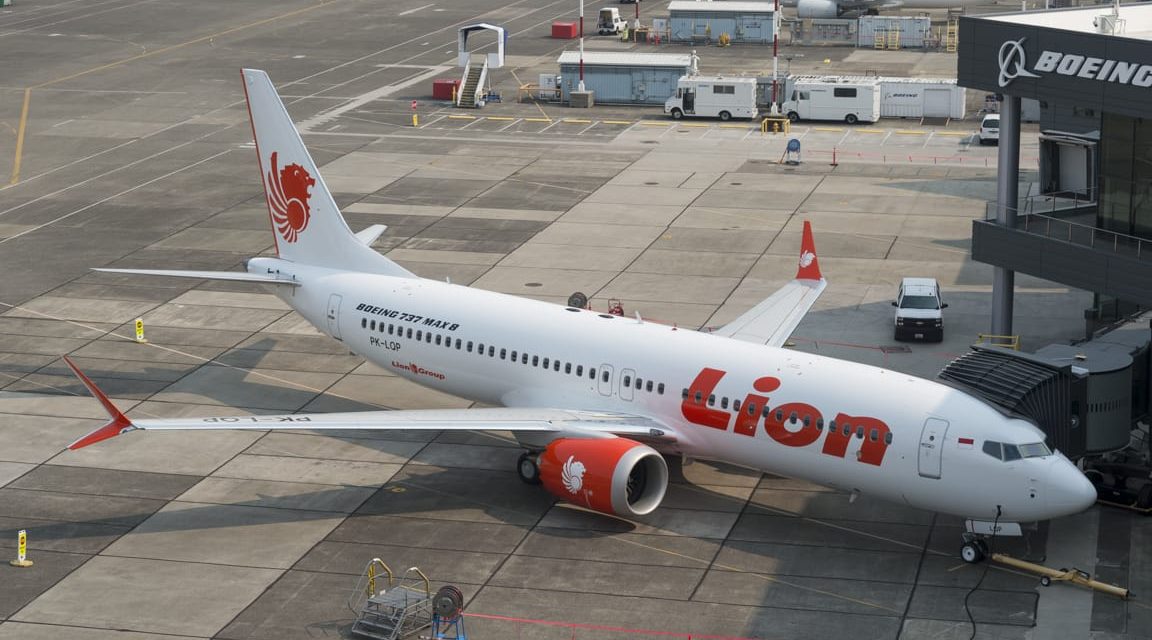
As the global community continues a backlash against Boeing over two 737 Max series plane crashes, U.S. Sen. Dick Durbin (D-IL) wrote Federal Aviation Administration (FAA) Acting Administrator Daniel Elwell critiquing the the administration’s commitment to safety.
“The flying public rely on the FAA to certify the planes they fly in as safe,” Durbin said. “In the wake of the two recent crashes involving the same aircraft model, the public deserve more transparency about how the FAA makes those determinations.”
He said that questions over the FAA’s processes are only growing. He also demanded to know why previously optional safety features — which help pilots recognize false readings from their system’s sensors — are only now being demanded by the FAA for Max series aircraft. The two accidents led to the total deaths of all 346 passengers.
“Although safety upgrades in response to these deadly crashes are a welcome first step, the fact that this change is being made now raises questions about why this important safety feature was not required by the FAA to be standard on the Boeing 737 Max series to begin with,” Durbin said. “The fact that President Trump only nominated a new FAA Administrator this week after leaving the position open for the past 14 months also calls into question this Administration’s commitment to safety.”
In a series of questions, Durbin pressed the FAA on such issues as why the safety features were not originally required on Max series aircraft, what process the FAA used to determine these features need not be standard, what other safety features the FAA is letting remain optional and what extent the FAA allows manufacturers to self-certify their safety features.
Durbin also increased critique of the agency by reminding it of the fact that European and Canadian regulators have begun reviewing Boeing’s Max planes as well. Both traditionally rely on the FAA to certify safety of such planes, potentially indicating a growing lack of faith in the safety regulator.